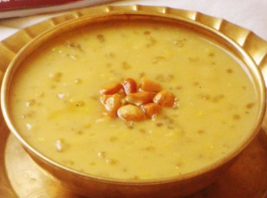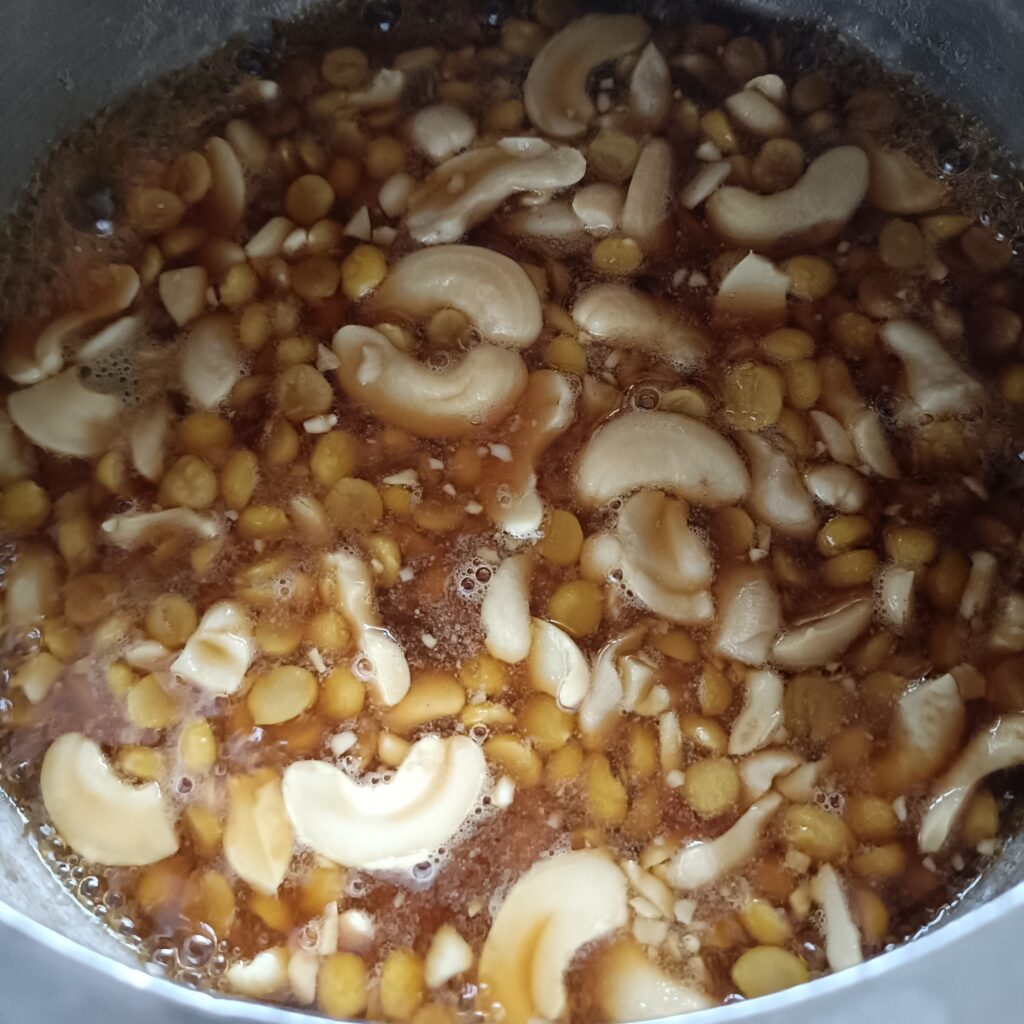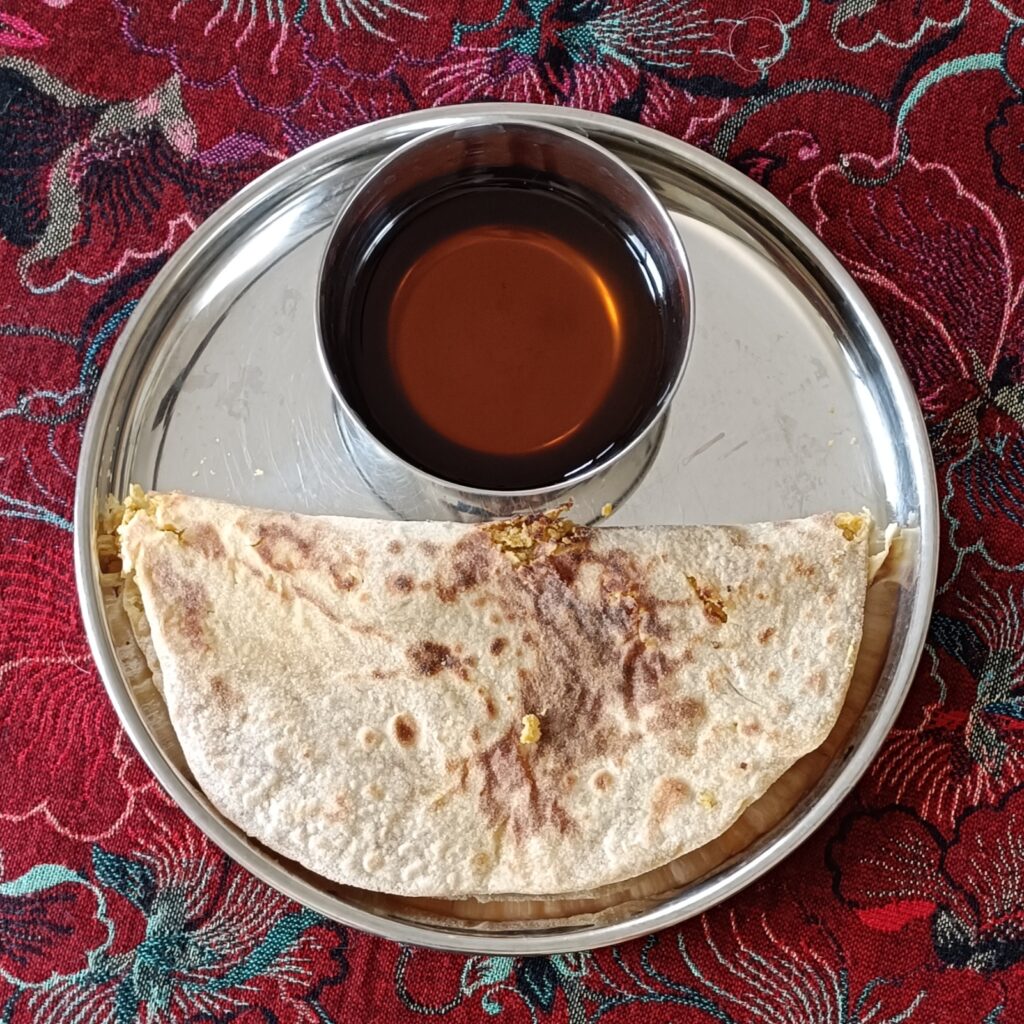Bananas are among the most important food crops on the planet and are easily available all-round the year making them one of the world’s most commonly consumed fruits. Bananas are not only easy to digest but are also filling and nutritious. Eating a fill of bananas for breakfast as a meal in itself is one of the best ways to start the day. It’s also nature’s best fast food and best when eaten on an empty stomach. Like most other fruits, when we eat bananas in plenty accompanied by a good amount of water, they help digestion and improve bowel movement to a great extent.
Because bananas contain considerable amounts of fibre, potassium, vitamin B6, vitamin C, and various antioxidants and phytonutrients, they are an excellent food to improve overall health. Bananas have a relatively low glycemic index due to the high content of resistant starch and fibre, which makes the carbs in them enter your bloodstream more slowly preventing a spike in blood sugar. Bananas contain water-soluble fibre in the form of pectin, which binds food in the intestine and adds bulk to the stools, which may help prevent or cure constipation.
Both pectin and resistant starch not only support the growth of beneficial gut bacteria but also moderate the rise in blood sugar after a meal, breaking the myth that they are not good for diabetics. The resistant starch is fermented by bacteria in the large intestine improving gut health which in turn can help reduce depression and anxiety.
Bananas are especially rich in potassium, a mineral that promotes heart health and normal blood pressure. They are also rich in vitamin B6 and vitamin C as well as several antioxidants that help reduce the speed of aging and prevent the risk of heart disease.
Check out why smoothies are good for you in our “Smoothies and Breakfast Drinks” section.







